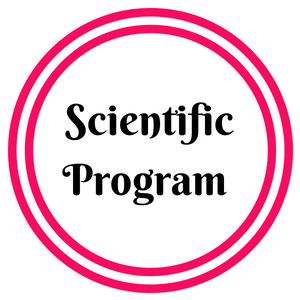Kaurav Manvendra Singh
Jiwaji University, India
Biography
Manvendra Singh Kaurav pursuing Ph.D. at the department of School of studies in Chemistry, Jiwaji University, Gwalior and received his M.Sc. from the Dept. of School of studies in Industrial Chemistry, Jiwaji University Gwalior in 2012. In 2014, after qualifying General Aptitude Test of engineering (GATE – a national level Test) he joined as a Junior Research fellow at the School of Basic Sciences, IIT Bhubaneswar, India. His research focuses on the target & diversity oriented synthesis of bioactive natural products and natural products inspired scaffolds. In the year of 2016-2017 Received Scholarship as a JRF from IIT Bhubaneswar
Research Interests: Multicomponent Synthesis of heterocyclic compounds, NP’s synthesis and Separation/Isolation of API’s from crude.
Abstract
As all we know that theoretically we can’t separate everything, but experimentally “we can!” in the era where everyone wants quality in quantity. We as a chemist performed experiments and produce results for the betterment of human being. Since past purification was the big issue, so we can developed so many techniques and separation is one of them where we get almost pure form of our desired products in both qualitative and quantitave manner if we go precisely. Separation of mixture could be possible by physical or chemical process and now we are in advanced stage where we also used electrical instruments for separation. In the synthesis of Medicinal drugs and Biologically Active Natural Products (NP’s); Active Pharmaceutical ingredients (API’s) plays vital role, and they are separated from medicinal plants by the use of different kinds of separation techniques like Maceration, Boiling, filtration, Distillation and extraction, where we use various solvents (like MeOH, EtOH, Acetone, THF, DCM etc.) further purification of them also required in some case because they are have more impurities. Silica Based Chromatographic techniques like; Thin Layer chromatography (TLC), Column chromatography, Gas Chromatography (GC), HPLC etc. are used for separation
